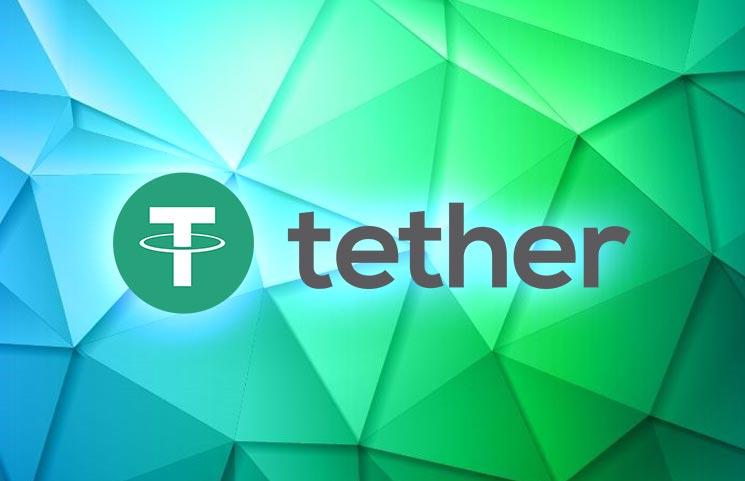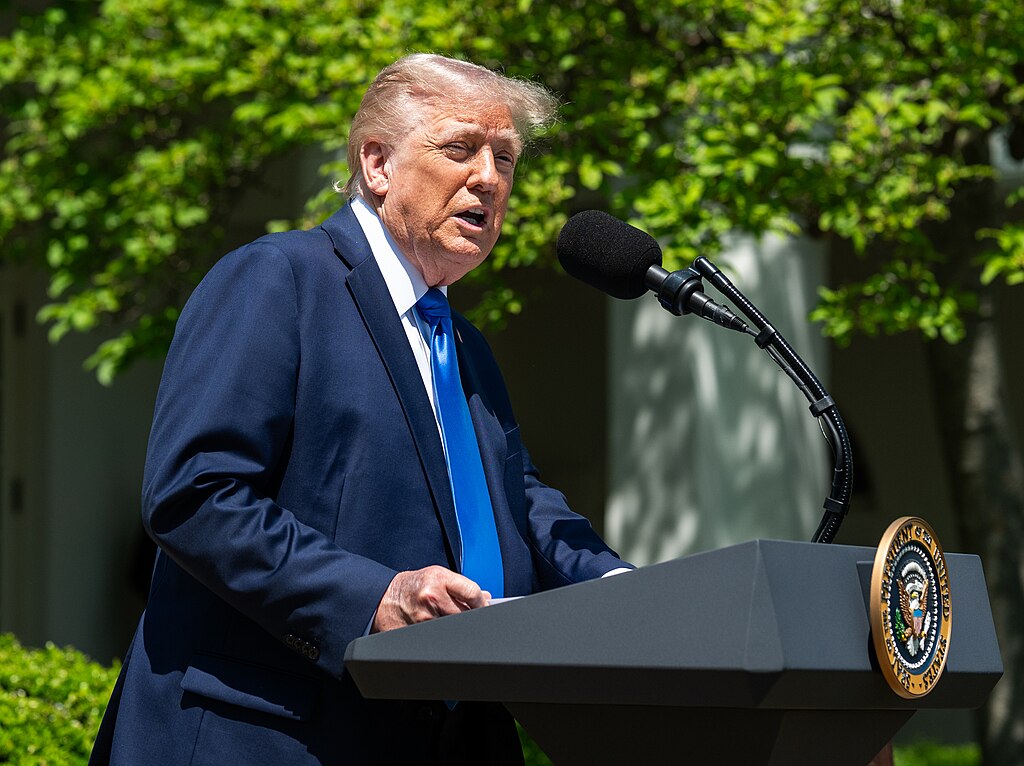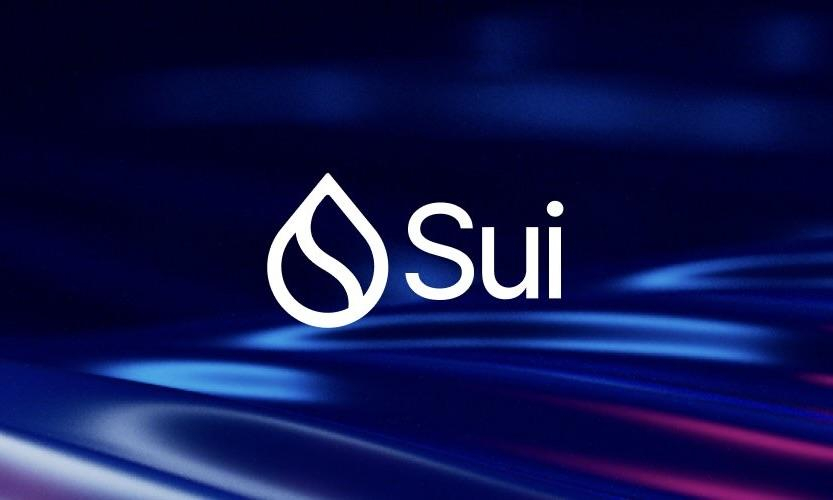Popular stablecoin provider, Tether, has unveiled modifications to its service terms in Singapore, potentially affecting a wide range of its clientele, including the DeFi company, Cake DeFi.
Julian Hosp, the CEO of Cake DeFi, disseminated an email he obtained from Tether. It was outlined that Tether can no longer convert its stablecoin, USDT, back to U.S. dollars due to adjustments in its terms. Hosp, seeking clarity regarding the situation, expressed uncertainties on whether his Singapore-based firm, Cake DeFi, could still process USDT into U.S. dollars.
The crux of Tether's altered terms lies in the limitations it places on particular customer categories. Specifically, the terms now bar companies influenced by another corporation, directors, and stakeholders in Singapore from being eligible Tether clients.
Cryptocurrency enthusiasts and stakeholders have found the phrase "influenced by another corporation" particularly perplexing. Cake DeFi received a directive explaining their designation as a firm "influenced by another corporation in Singapore," which means they are not allowed to issue or receive any redemptions on Tether's platform.
Many digital currency platform users, especially those on X (previously known as Twitter), have drawn attention to this Tether term alteration. Some associate it with Singapore's recent cryptocurrency money laundering episode where authorities confiscated assets amounting to more than $2 billion. Additionally, there are speculations that the modifications in how USDT can be redeemed might specifically affect Cake DeFi. Some assume that Cake DeFi is undergoing enhanced scrutiny, potentially suggesting underlying relationship strains between Cake DeFi and Tether.
In the ever-evolving world of digital currencies, such changes by significant players like Tether can send ripples across the industry, affecting partnerships and investor sentiments alike. These shifts, while immediately felt by businesses like Cake DeFi, may also have broader implications for the cryptocurrency landscape in Singapore and possibly beyond.
The reasons behind Tether's decision, although not fully transparent at the moment, highlight the need for companies and investors to be agile and responsive.
As regulatory environments adapt to the swift advancements in the cryptocurrency sphere, businesses may need to continually assess and pivot their strategies to ensure compliance and maintain stakeholder trust.



























Comment 0